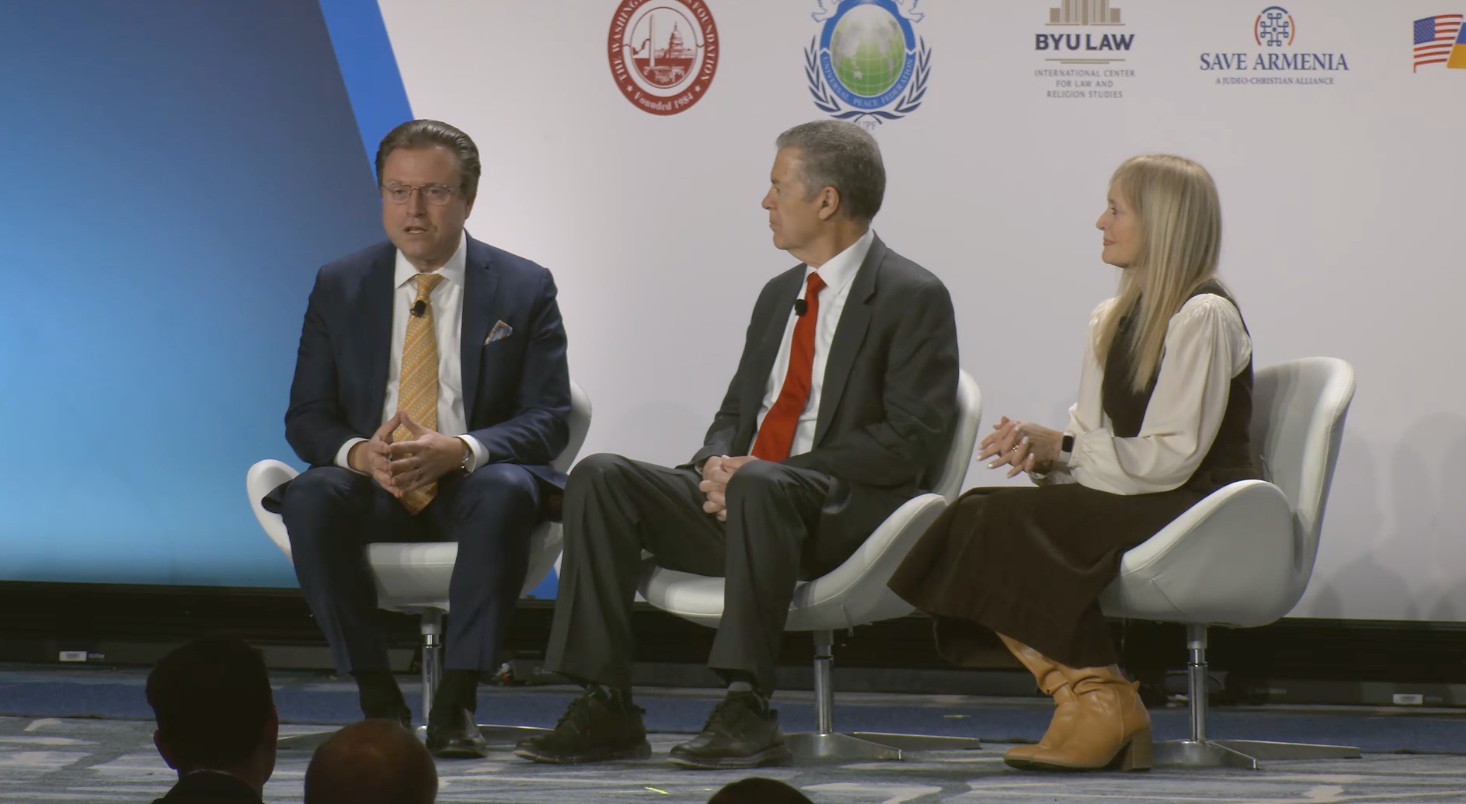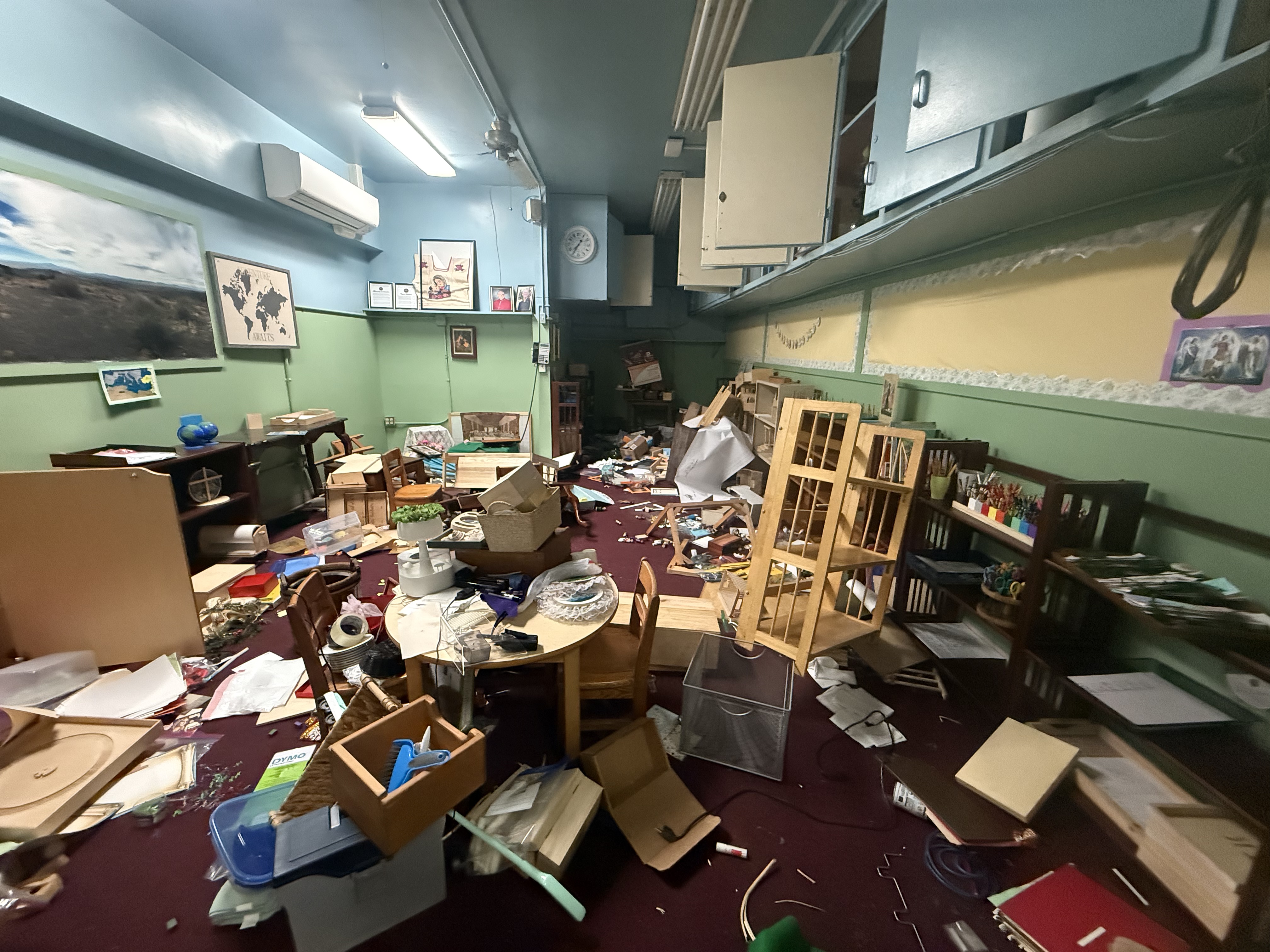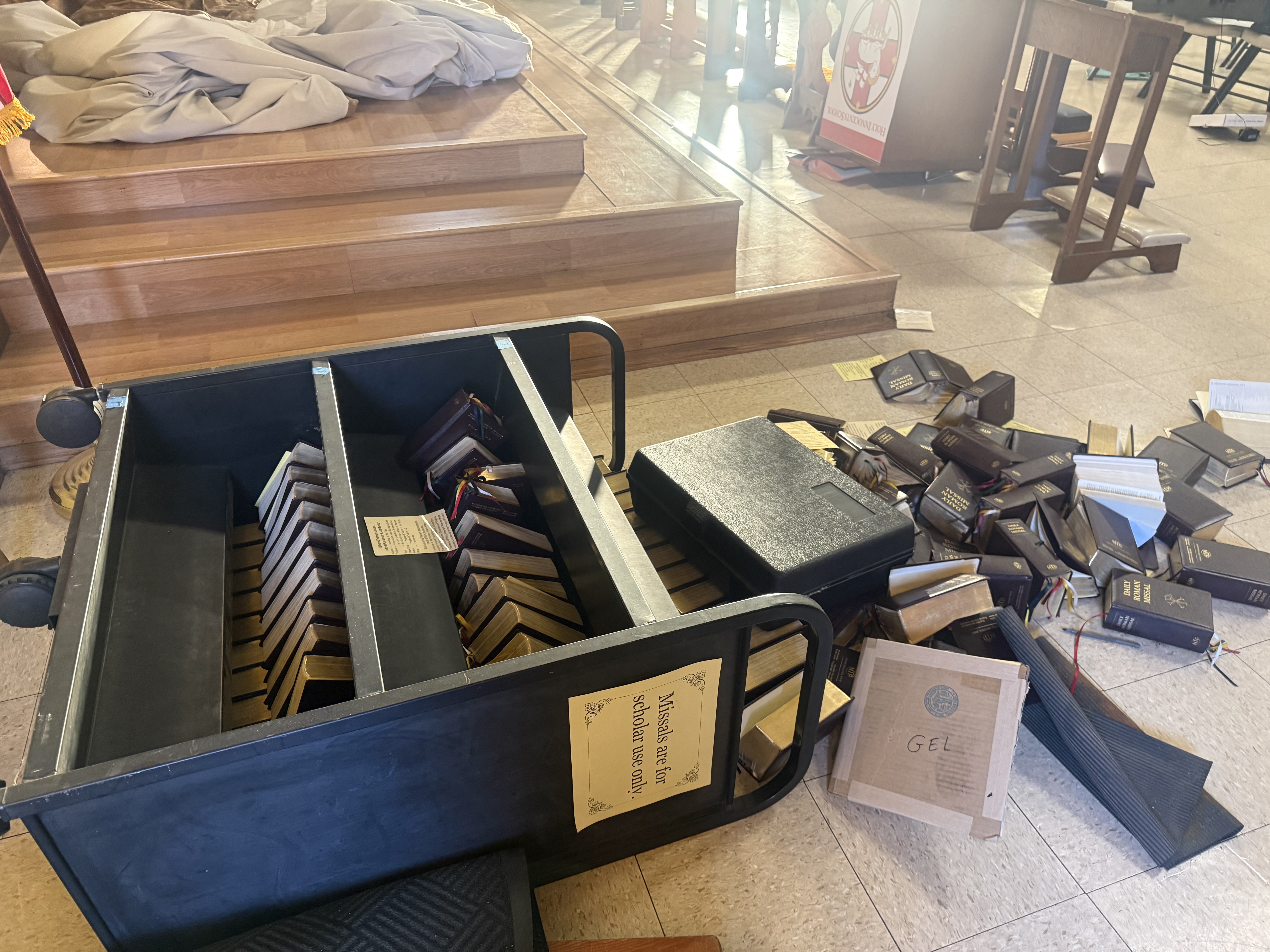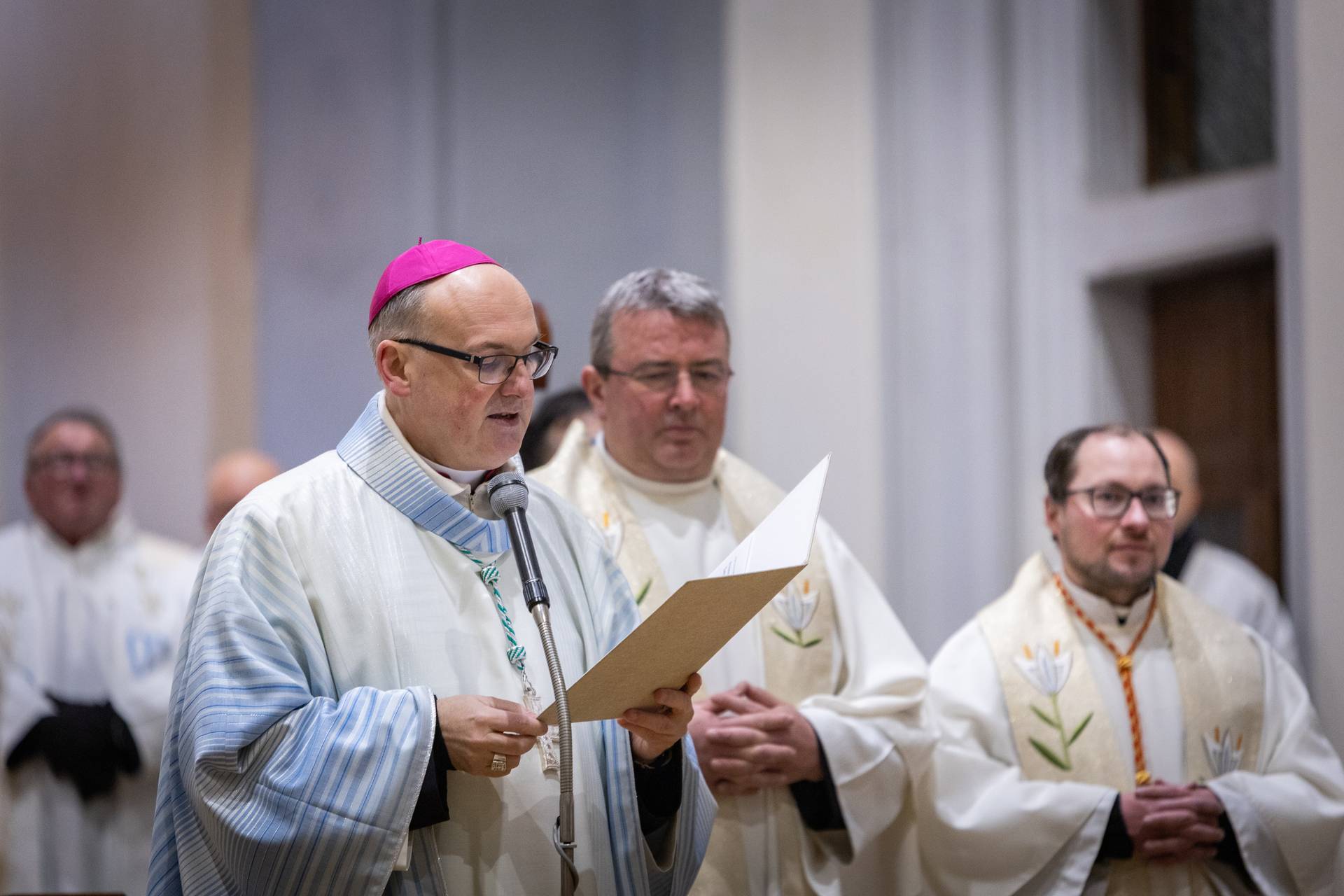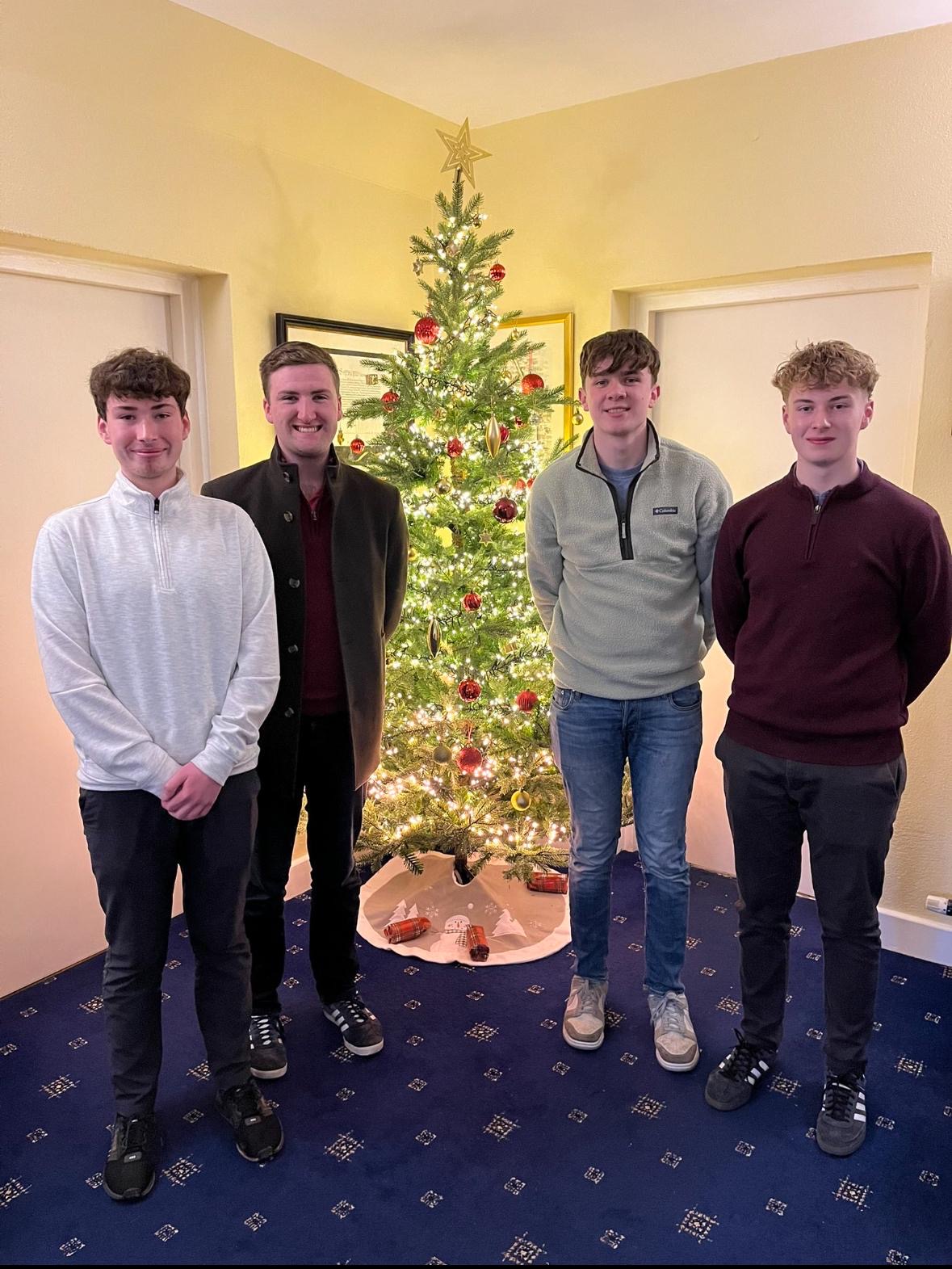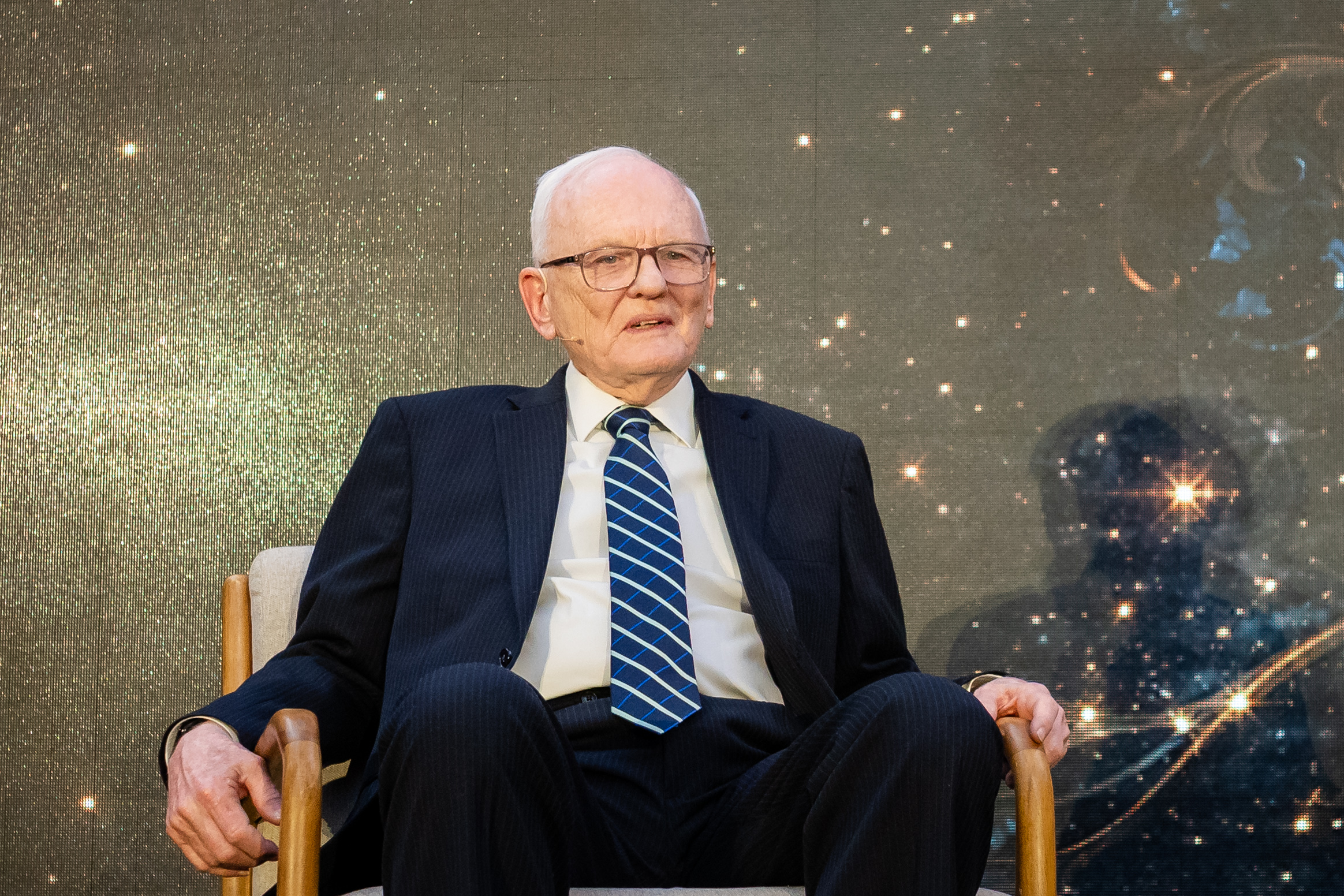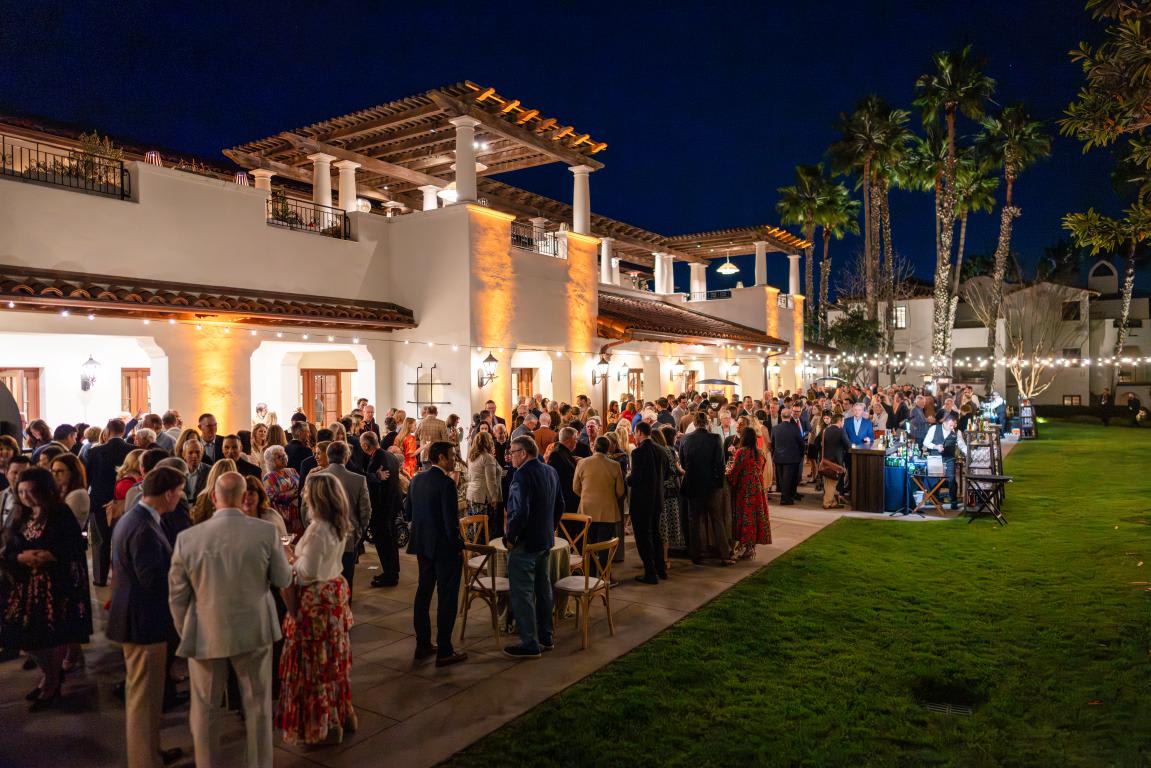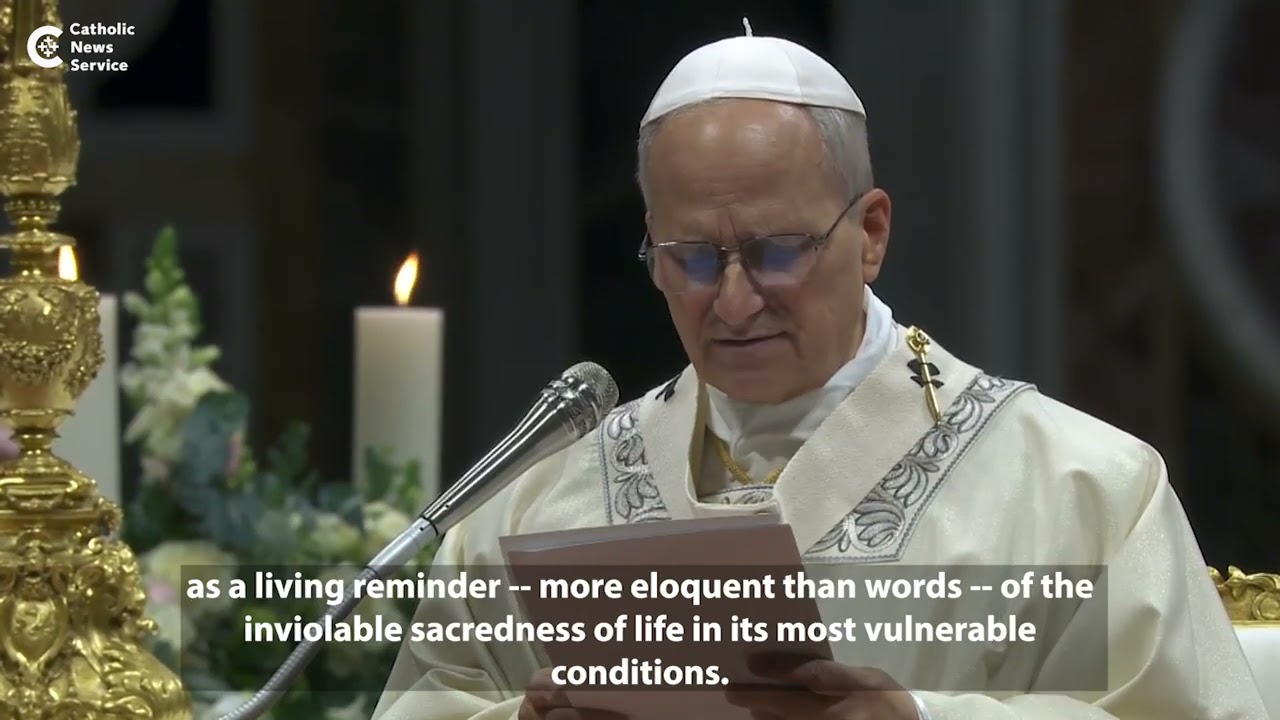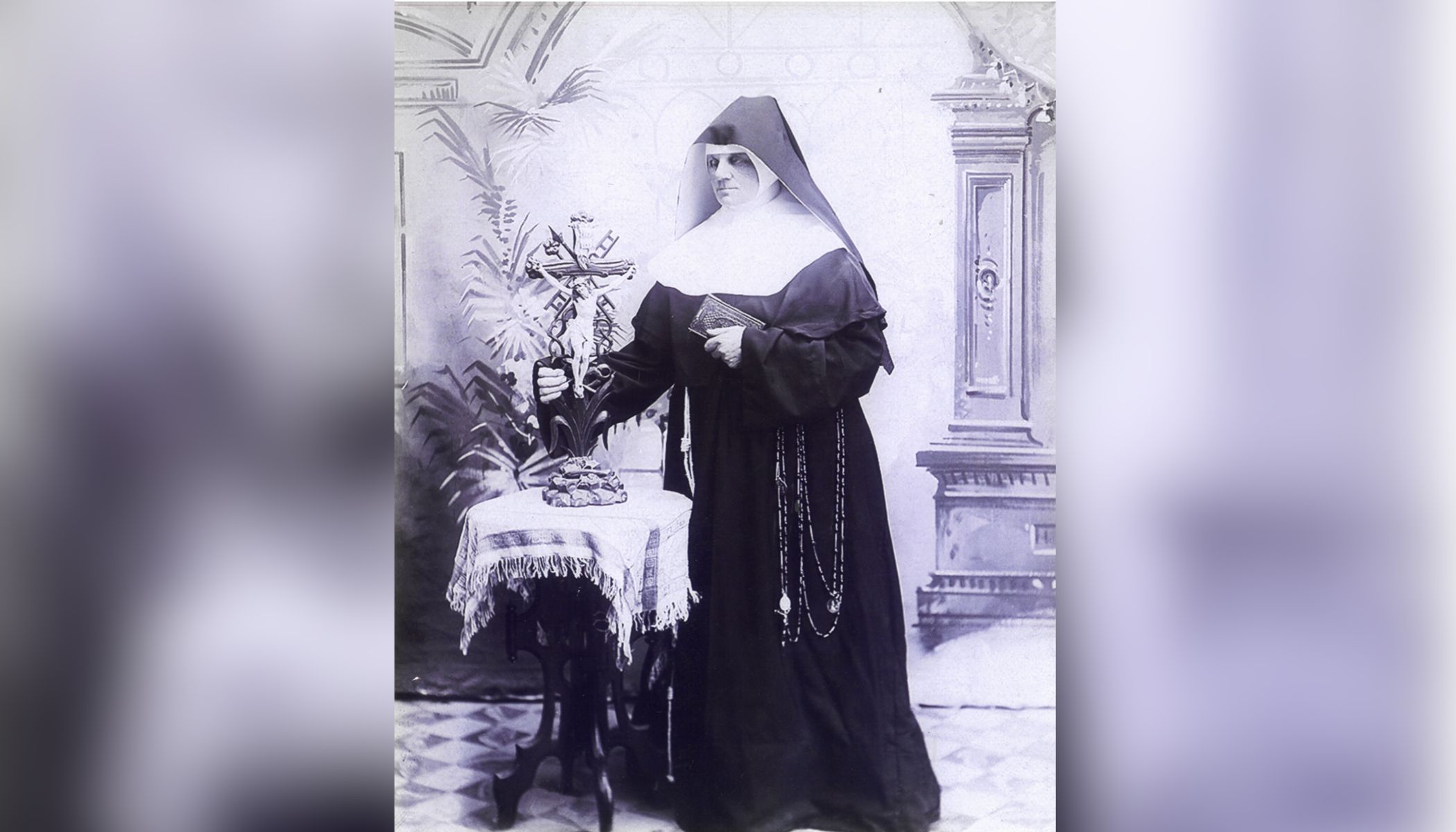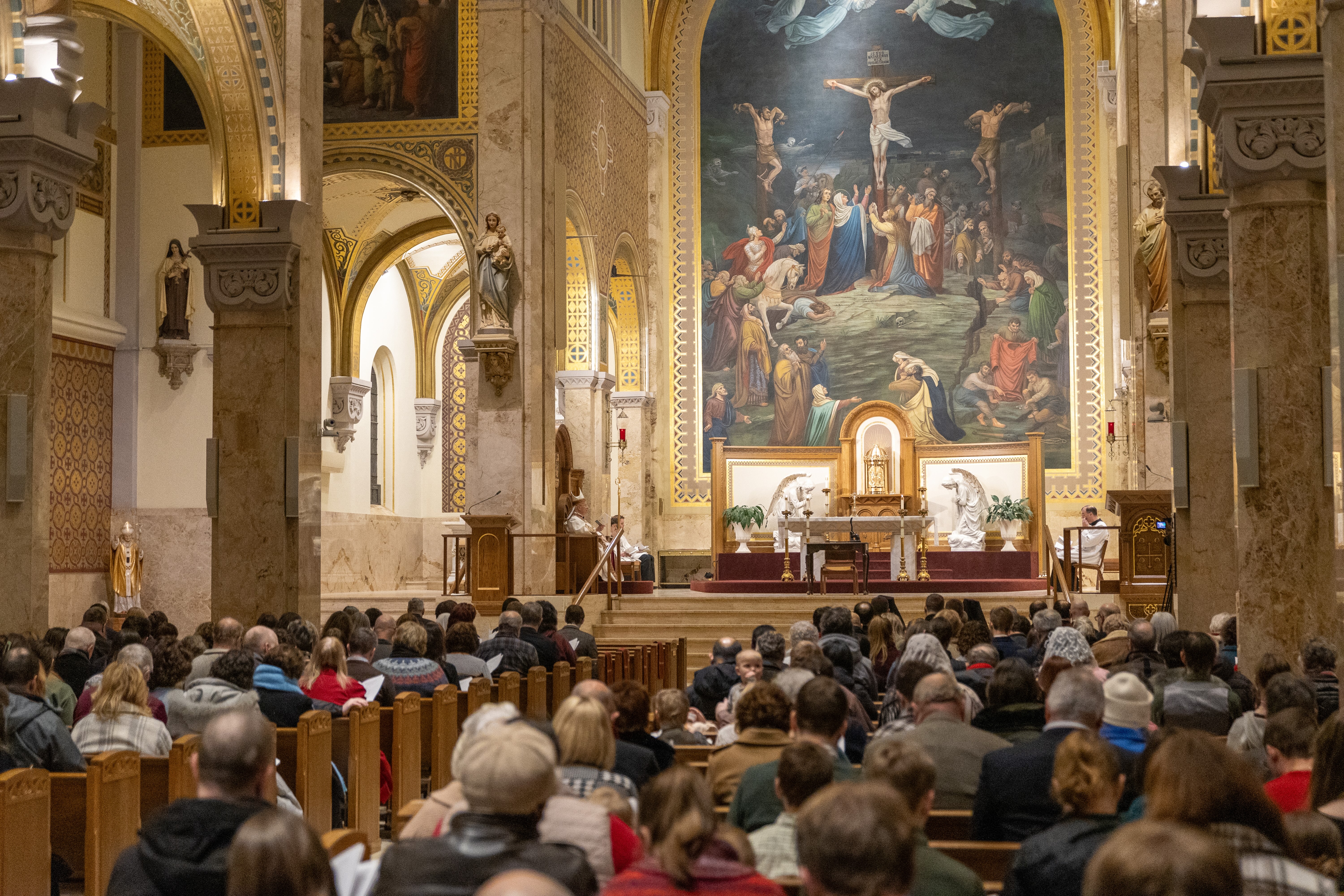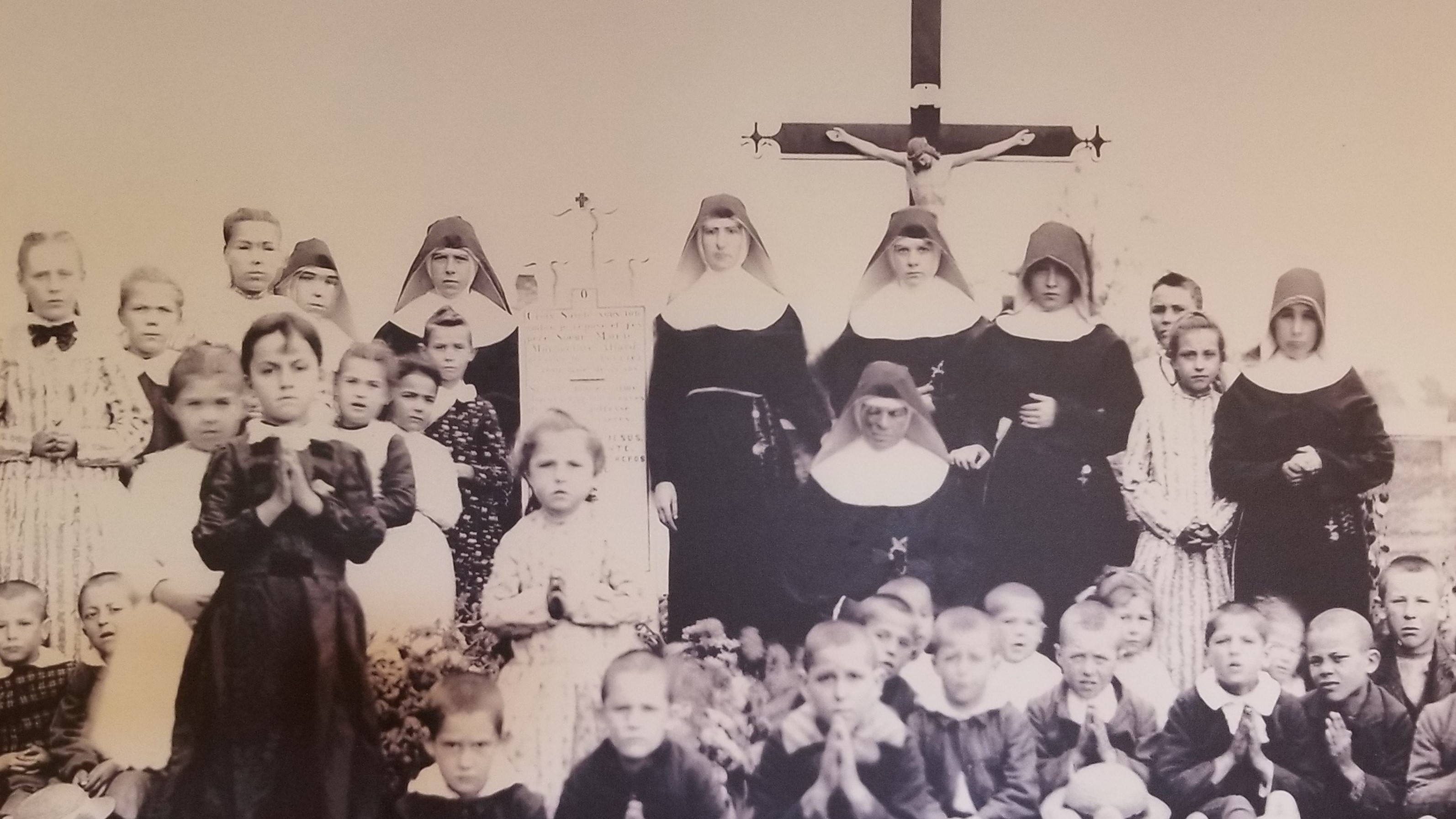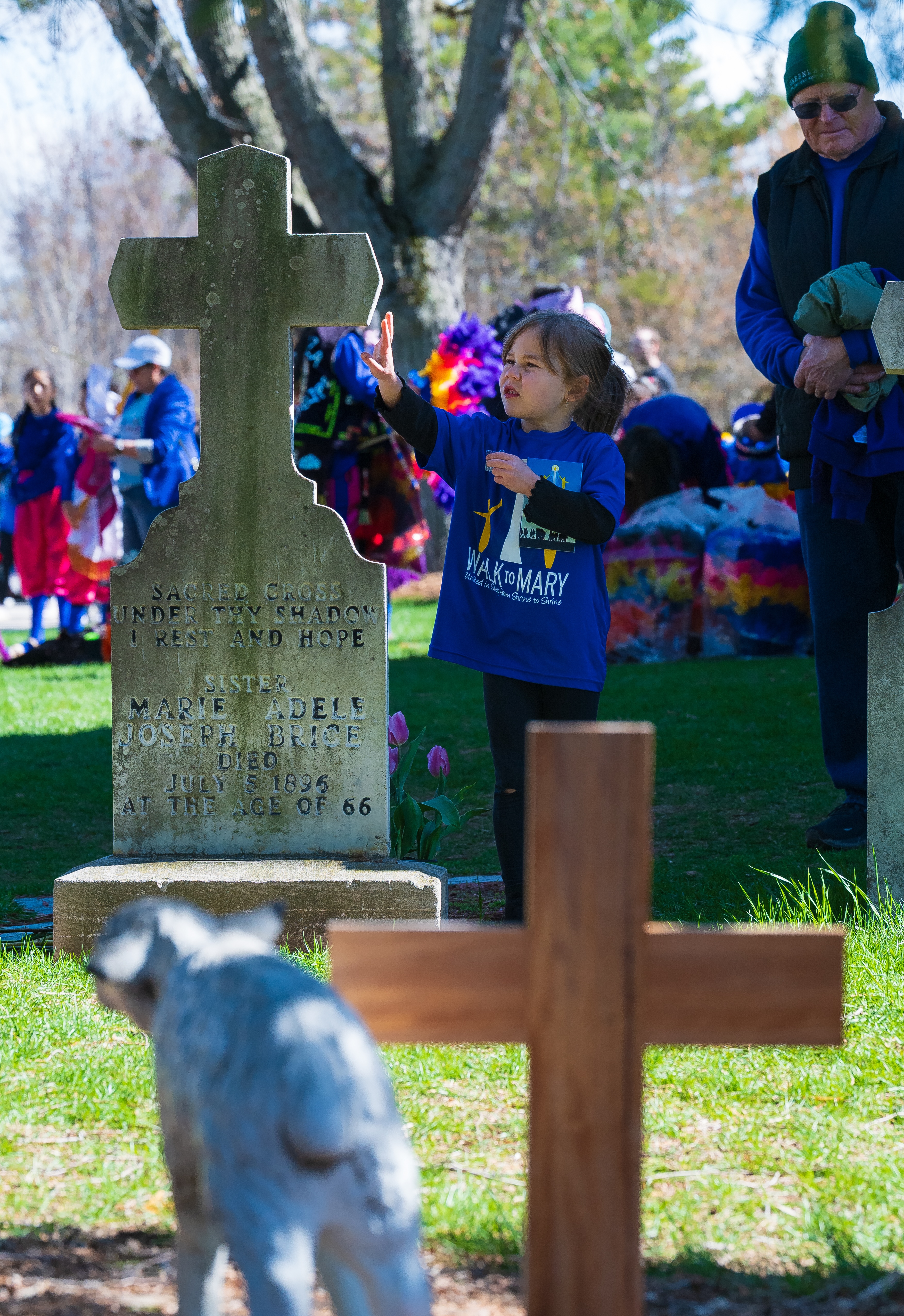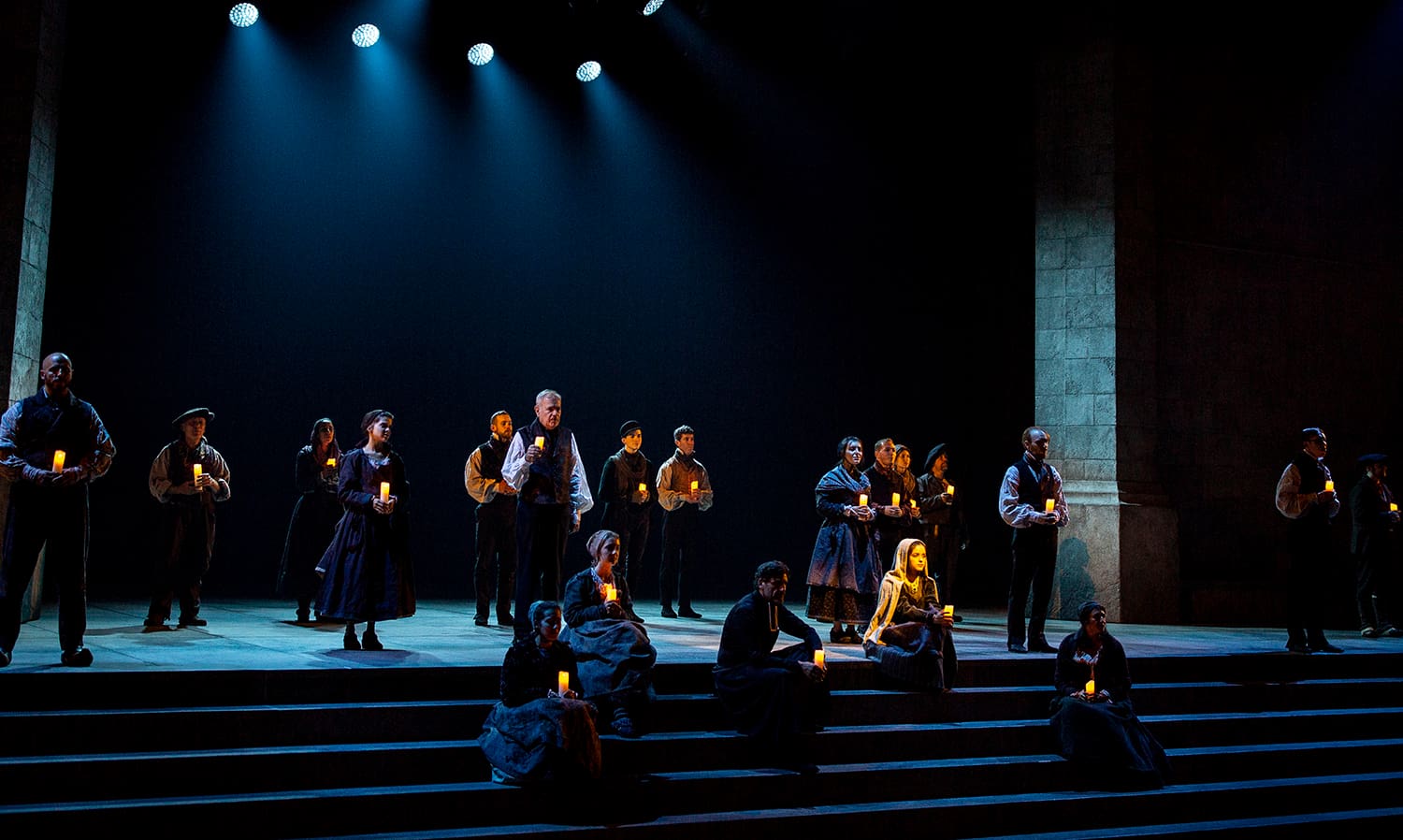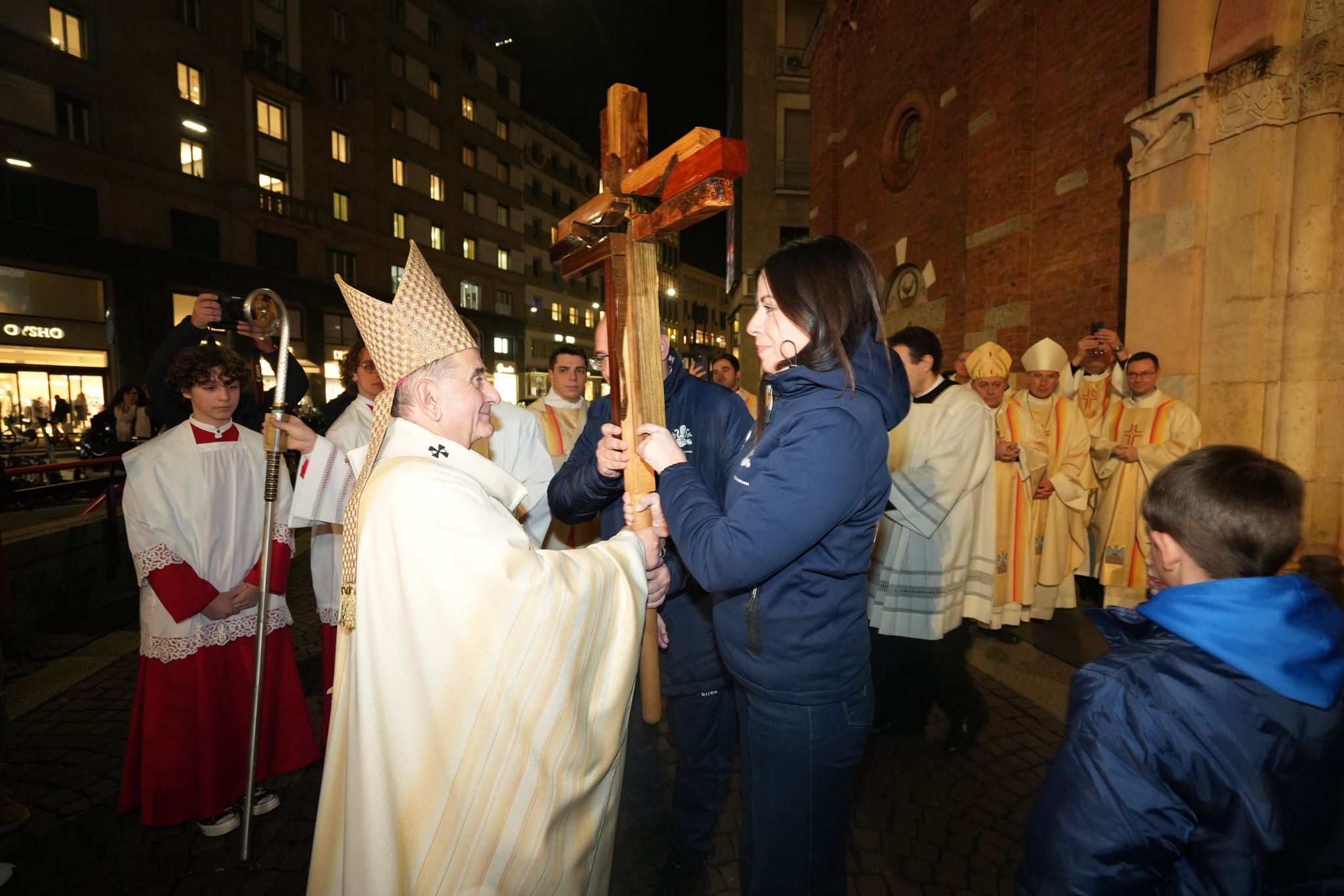
Pope Leo XIV has added the feast day of St John Henry Newman, who is “a radiant light for the church on pilgrimage through history,” to the General Roman Calendar so that “his Optional Memorial be celebrated by all on 9 October.”
Cardinal Arthur Roche and Archbishop Vittorio Francesco Viola, respectively prefect and secretary of the Dicastery for Divine Worship and the Discipline of the Sacraments, announced the pope’s decision in a decree published by the Vatican 3 February.
Previously, the feast day of St Newman was inscribed only in the proper calendar of the Congregation of the Oratory – the religious congregation to which he belonged – and the proper calendar of England and Wales. Now his memorial, celebrated on the date of his conversion to Catholicism in 1845, is included in the calendar of the universal church.
“Throughout his long life, Cardinal Newman was unstinting in this service to which he had been called. The service of intellectual enquiry; the service of preaching and teaching; as well as service to the poor and the least,” said the decree, dated 9 November.
“His lively mind has left us enduring monuments of great importance in the fields of theology and ecclesiology, as well as poetic and devotional compositions. His constant search to be led out of shadows and images into the fullness of the truth has become an example for every disciple of the Risen One,” the decree said.
In a separate note, Cardinal Roche said the inclusion of St Newman in the General Roman Calendar “is intended to present his figure as an outstanding example of the constant search for the truth that enlightens and saves” and to help the faithful contemplate him “as a man led by the ‘kindly light’ of God’s grace to find peace within the Catholic Church.”
Bishops’ conferences around the world will need to translate from Latin the prayers issued by the dicastery for Mass on his feast day as well as those used in the Liturgy of the Hours and in the Roman Martyrology, and have the translations confirmed by the dicastery.
Cardinal Roche said the collect or opening prayer for Mass on his feast day reveals “the very essence of the saint’s spiritual journey,” which can become “for us too a source of inspiration and a reason for humble prayer, we who desire to be led out of shadows and appearances, so as to arrive at the full light of truth.”
The Gospel reading for his feast is from the 13th chapter of St Matthew, the cardinal said, in which “the Kingdom of God is compared to a net cast into the sea that gathers all kinds of fish. Only one who becomes a disciple can understand the parable of the Kingdom, becoming “like a master of a house, who brings out of his treasure what is new and what is old.”
The decree came after Pope Leo proclaimed the British saint a doctor of the church 1 November, the feast of All Saints.
Celebrating Mass in St Peter’s Square the Vatican 1 Nove,mber, Pope Leo concluded the Jubilee of the World of Education and proclaimed St Newman the 38th doctor of the church, including him among the men and women of the Christian East and West who have made decisive contributions to theology and spirituality.
Earlier that week, Pope Leo had officially recognised St Newman as co-patron of education along with St Thomas Aquinas.
St Newman was born in London 21 February, 1801, and was ordained an Anglican priest in 1825. He joined the Catholic Church in 1845 and was ordained a Catholic priest in Rome at the church of the Pontifical Urbanian College May 30, 1847. He was made a cardinal in 1879 by Pope Leo XIII and died in 1890.
The post Pope adds feast day of St John Henry Newman to universal calendar appeared first on The Catholic Weekly.
